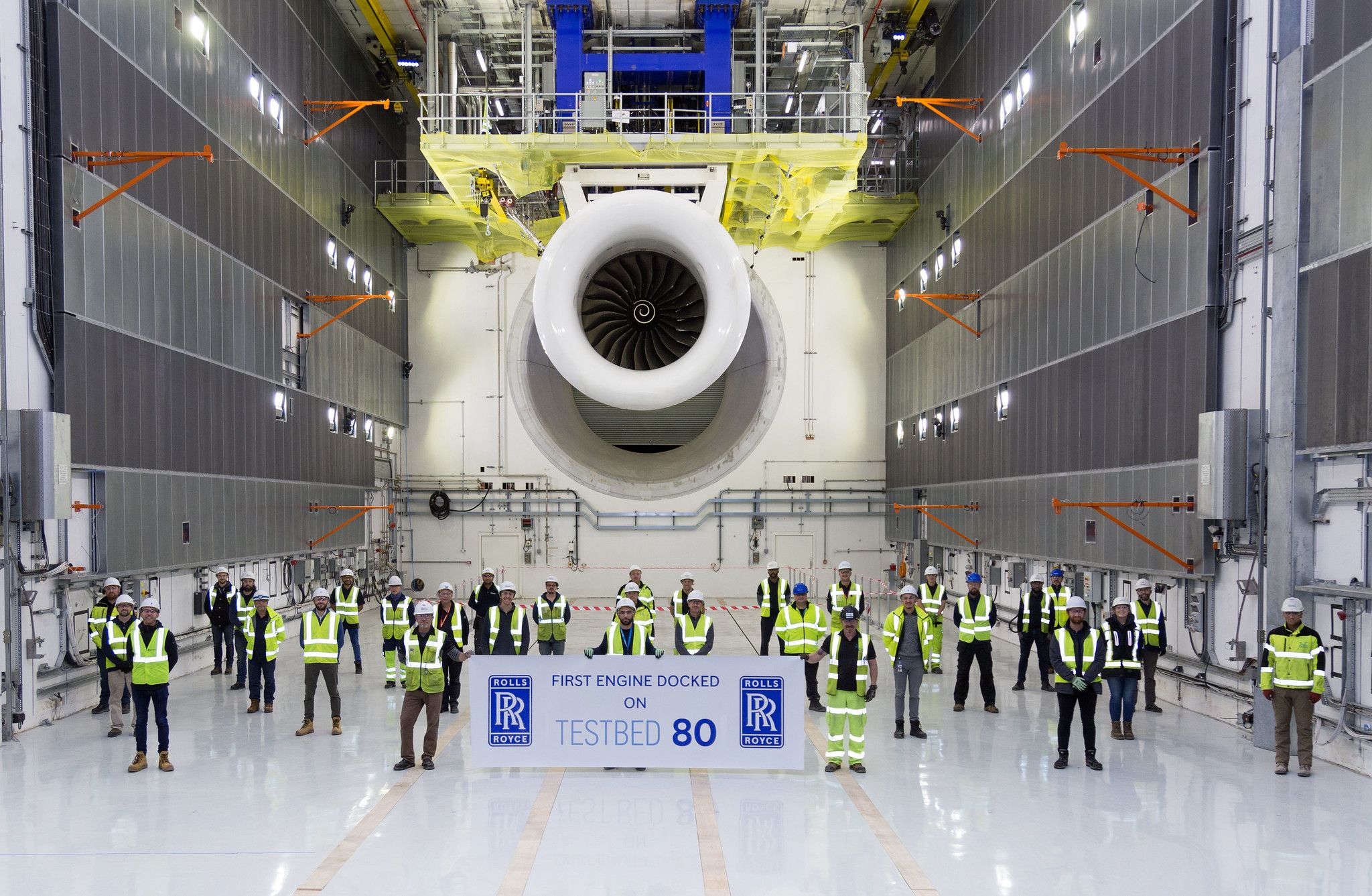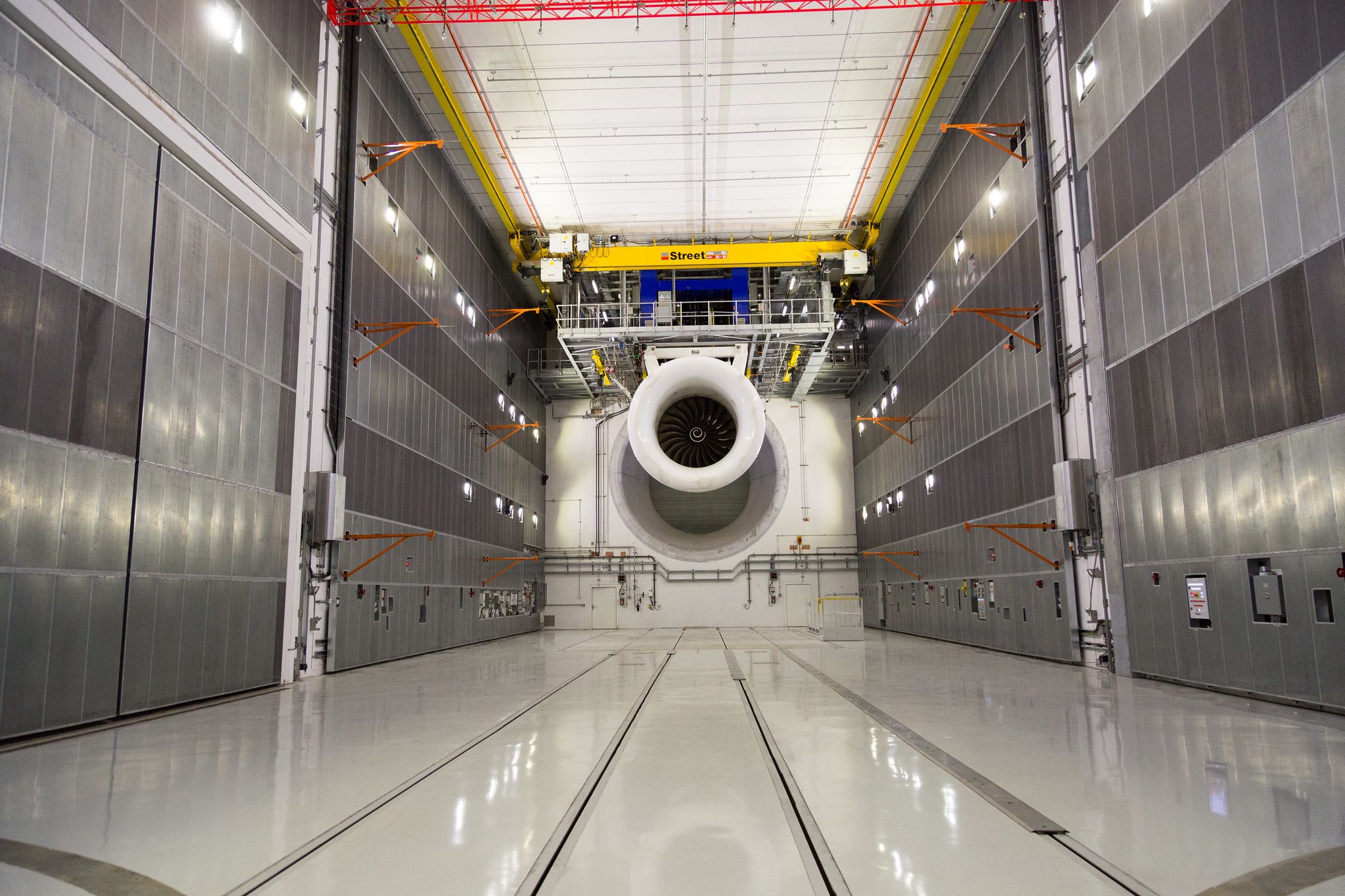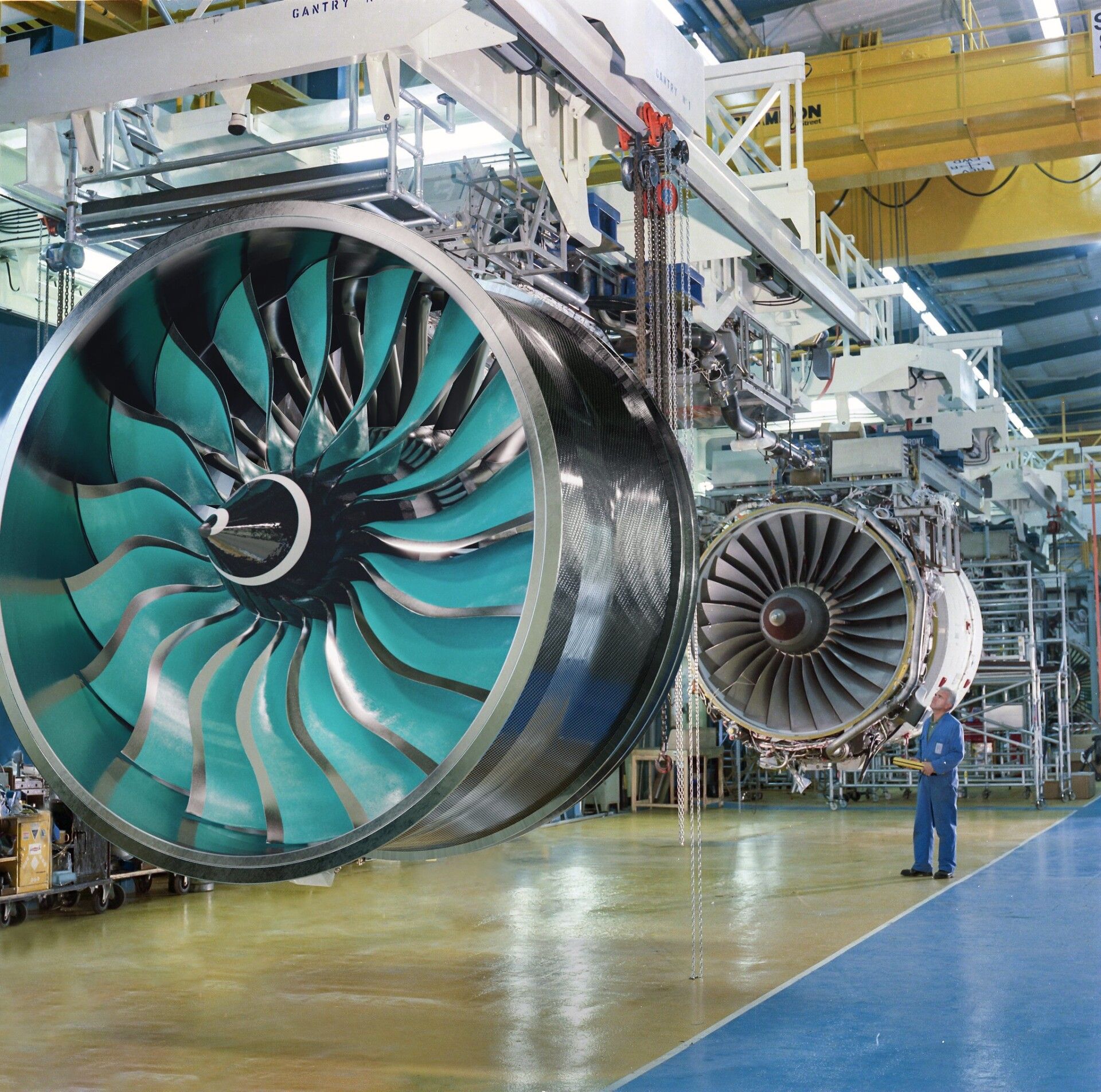UK-based engine manufacturer Rolls-Royce has committed to a more sustainable operational future at the company by penning a deal with petroleum giants Air bp. As part of the agreement, Rolls-Royce will use a 10% sustainable aviation fuel (SAF) blend in future engine testing. This will take place at three European sites.
Looking to set a wider example
As announced by the company today, Rolls-Royce has pledged for its future engine tests to run on a 10% blend of sustainable aviation fuel. The deal is part of a wider sustainability effort at the company, and it hopes that the move will set a precedent for other aerospace brands to follow. Commenting on the announcement, Chris Cholerton, Rolls-Royce's President of Civil Aerospace, stated that:
“This agreement delivers on a commitment we made that the fuel for testing and development is a 10% Sustainable Aviation Fuel blend by 2023. We want to encourage the use of SAF throughout the aviation industry and this agreement is an example of the firm commitments fuel producers require to support their continued production investment."
As noted by Cholerton, the company is targeting 2023 as the date by which it wants to uphold its end of the agreement. This will eventually amount to the usage of some three million liters of SAF per year during the company's engine tests.
What will the SAF blend consist of?
With sustainable aviation fuel in itself being a fairly broad term, it is important to be able to understand what exactly the blend that Rolls-Royce is using will consist of. The company confirmed in a statement released today that it "is derived primarily from waste-based sustainable feedstocks such as used cooking oils."
Having formulated this aspect, Air bp will then mix it with its traditional aviation fuel. This will create a 10% blend for Rolls-Royce to use in its future engine testing programs, as stipulated by the recently-signed agreement. Expressing delight at the deal, Air bp's Sustainability Director, Andreea Moyes, commented that:
"Our ambition is to be the decarbonisation partner in the aviation industry. We are working at pace to promote SAF availability, accessibility, and affordability to support global aviation in realising its low carbon ambitions."
Stay informed: Sign up for our daily and weekly aviation news digests.
A 100% blend for one engine
The engine testing facilities that the agreement concerns are located across Europe, in both Germany (Dahlewitz) and the UK (Bristol and Derby). The latter of these is home to a particularly exciting project as far as sustainability at Rolls-Royce is concerned. Discussing a new demonstrator engine, Cholterton states:
“I will be proud and excited to see the UltraFan on our state-of-the-art testbed running for the first time on 100% SAF, creating a new chapter in engineering excellence and sustainable aviation history.”
It was around a year ago that Rolls-Royce announced that it had begun constructing the UltraFan demonstrator, which will be the world's largest aircraft engine. Correspondingly, it will run on the world's largest indoor engine testing facility, known as Testbed 80. It will ground test it for the first time later this year, and it reached a key milestone this month by dispatching its gearbox.
What do you make of this agreement? Would you like to see other manufacturers commit to SAF usage targets? Let us know your thoughts in the comments.



